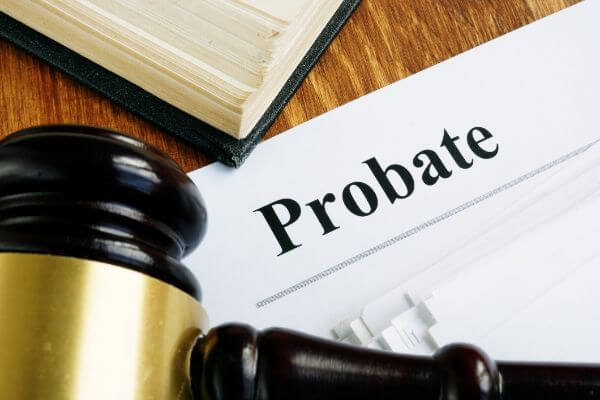Practice Areas
Estate Planning
Trusts
Probate


When a beloved family member dies, you may know that many different affairs will need addressing. You may wonder whether you have the right or ability to help handle those remaining tasks, and the answer to that question may depend on whether your loved one created a will or other estate planning documents.
An estate plan — or lack of one — can have a considerable impact on how the deceased individual’s estate is handled. For instance, this information will determine whether probate or estate administration is needed and whether an executor or administrator will handle the necessary duties of closing the estate. If you have questions, it may prove useful to understand the differences in these legal proceedings.
Probate
If your loved one created a will, the estate will need to go through the probate process. These proceedings will work to ensure that the will is valid and expresses your loved one’s true intentions. Probate will also allow opportunity for individuals to come forward with concerns if they believe that the court should deem the will invalid.
In addition to determining the validity of the will, the probate proceedings will also move forward in accordance with the instructions in a valid will. This means that if the deceased person appointed an executor, that individual will take over the necessary tasks associated with closing the estate. The duty of petitioning the court to begin the probate process also falls to this person, which means that knowing where to find the document will prove vital. Otherwise, without a will, the estate will need to go through administration.
Administration
When no will or other estate planning documents exist, estate administration will need to occur. This legal process has similarities to probate, but rather than having information in a valid will to follow, California state law will dictate who receives the remaining property and how other affairs will be addressed. Additionally, because the decedent did not name an executor, the court will need to appoint an administrator to handle the necessary tasks. You or other interested parties could petition the court for the position.
Because the court ultimately decides who becomes administrator, they may consider candidates in this order of preference:
If you have concerns about who will handle your loved one’s estate, you may wish to find out more information on the deceased’s estate planning documents, how to petition the court for the position of administrator if no will exists and other related topics. Call the Law Offices of Alice A. Salvo, we can help!